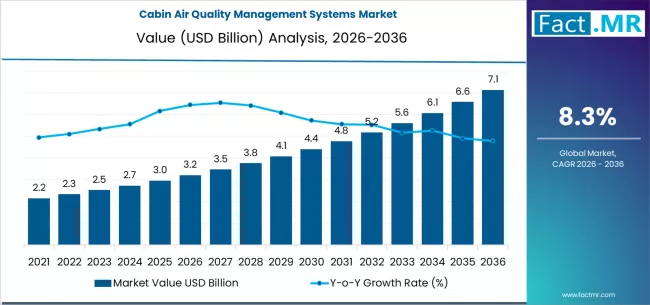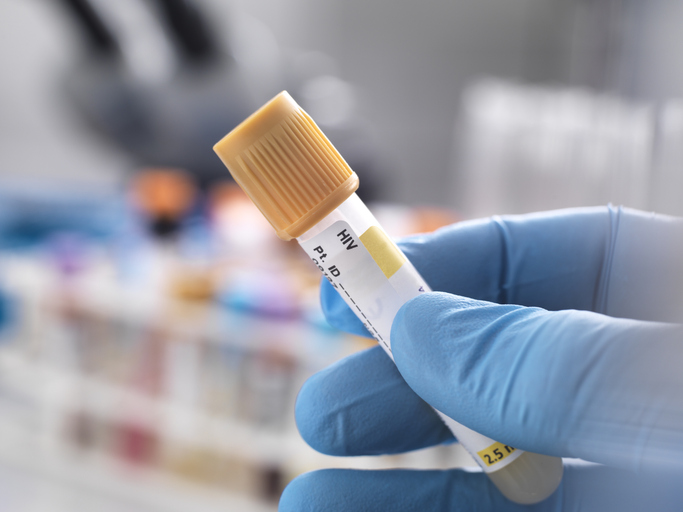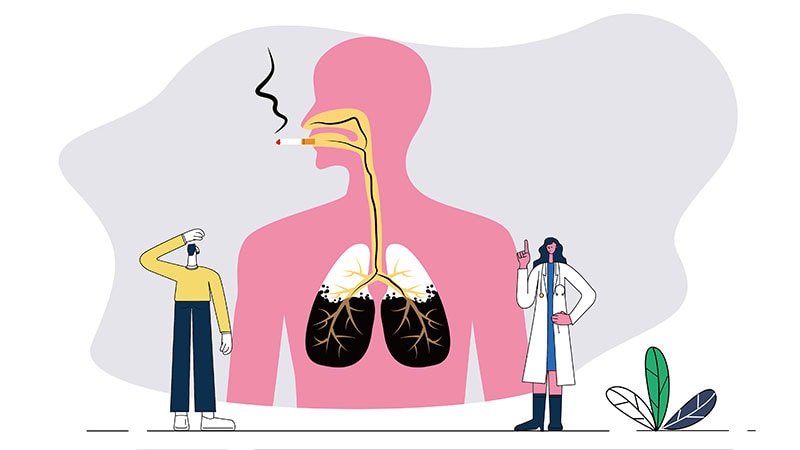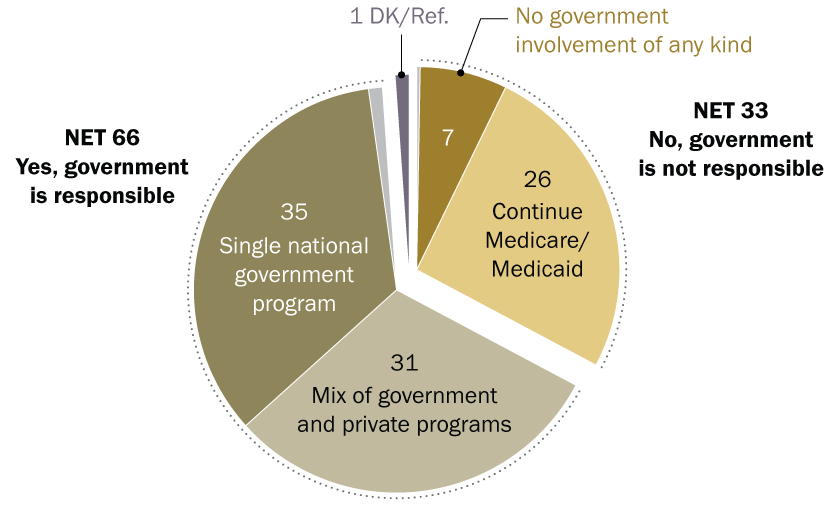Any alcohol increases dementia risk – Oxford-Yale-Cambridge study – BBC

Report on Alcohol Consumption and Dementia Risk: Implications for Sustainable Development Goal 3
Introduction: Advancing Good Health and Well-being
A comprehensive new study conducted by the University of Oxford, Yale University, and the University of Cambridge has established a significant link between alcohol consumption and an increased risk of dementia. The findings directly challenge previous assumptions about moderate alcohol use and provide critical data for achieving Sustainable Development Goal 3 (SDG 3), which aims to ensure healthy lives and promote well-being for all at all ages. Specifically, this research underscores the importance of Target 3.5: strengthening the prevention and treatment of substance abuse, including the harmful use of alcohol.
Key Findings and Alignment with SDG 3
The study’s conclusions provide a strong evidence base for public health policies aimed at reducing the burden of non-communicable diseases, a core component of SDG 3. The primary findings include:
- No Safe Threshold: The research suggests there is no safe level of alcohol consumption for brain health, indicating that even light or moderate drinking may elevate dementia risk.
- Contradiction of Previous Beliefs: Dr. Anya Topiwala, the lead author, noted that the results challenge the common belief that low levels of alcohol are beneficial. Genetic evidence was found to offer no support for a protective effect.
- Quantifiable Risk Increase: A threefold increase in the number of alcoholic drinks consumed per week was associated with a 15% higher risk of developing dementia.
- Contribution to SDG 3.5: These findings highlight that reducing alcohol consumption across the population is a vital strategy for dementia prevention, directly contributing to the goals of strengthening the prevention of harmful alcohol use.
Research Methodology and Scope
The robustness of the study’s conclusions is supported by its large-scale and multi-faceted approach, which involved:
- Observational Data Analysis: The study combined data from over half a million participants from the US Million Veteran Program and the UK Biobank.
- Genetic Investigation: Researchers analyzed the genetically-predicted likelihood of alcohol consumption and misuse for more than 2.4 million participants across 45 individual studies.
- Establishing Causation: By examining genetic inheritance patterns, the study was able to more clearly distinguish causation from mere correlation, confirming that greater alcohol consumption leads to a higher risk of dementia for the general population.
Conclusion and Public Health Recommendations
The research provides definitive evidence that has significant clinical and public health implications. The findings empower governments and health organizations to develop policies that align with SDG 3 by promoting reduced alcohol consumption as a key preventative health measure. By addressing the harmful use of alcohol, societies can make substantial progress in reducing the incidence of dementia and other non-communicable diseases, thereby fostering healthier and more sustainable communities for all.
1. Which SDGs are addressed or connected to the issues highlighted in the article?
-
SDG 3: Good Health and Well-being
- The article’s entire focus is on the link between alcohol consumption and the risk of dementia, a significant health issue. It discusses research aimed at preventing a non-communicable disease and promoting brain health. The conclusion that “reducing alcohol consumption across the population could play a significant role in dementia prevention” directly aligns with the overarching goal of ensuring healthy lives and promoting well-being for all at all ages.
2. What specific targets under those SDGs can be identified based on the article’s content?
-
Target 3.4: Reduce premature mortality from non-communicable diseases and promote mental health
- This target aims to reduce mortality from non-communicable diseases (NCDs) through prevention and to promote mental health and well-being. The article directly addresses the prevention of dementia, which is a progressive NCD. The research finding that “even light or moderate drinking may increase the risk of dementia” contributes vital information for prevention strategies, challenging previous beliefs about “beneficial” low-level alcohol use for brain health.
-
Target 3.5: Strengthen the prevention and treatment of substance abuse
- This target specifically calls for strengthening the prevention of the “harmful use of alcohol.” The article provides strong evidence that any level of alcohol consumption can be harmful to brain health, thereby reinforcing the importance of prevention. The study’s conclusion supports public health policies aimed at reducing overall alcohol consumption as a key preventative measure against dementia.
3. Are there any indicators mentioned or implied in the article that can be used to measure progress towards the identified targets?
-
Indicator for Target 3.4: Incidence of dementia
- The article is centered on the “risk of dementia.” While not a formal SDG indicator, the incidence and prevalence of dementia in a population are the ultimate metrics for measuring the success of prevention strategies discussed. A reduction in the rate of new dementia cases would indicate progress towards the prevention aspect of Target 3.4.
-
Indicator for Target 3.5: Level of alcohol consumption
- The article explicitly uses the “number of alcoholic drinks per week” as a key variable. This directly relates to the official SDG Indicator 3.5.2 (Alcohol per capita consumption). The study’s finding that a “three times higher increase in the number of alcoholic drinks per week increased the risk of dementia by 15%” provides a specific, measurable data point. Tracking the average alcohol consumption in a population is a direct way to measure progress towards reducing the harmful use of alcohol.
4. Table of SDGs, Targets, and Indicators
| SDGs | Targets | Indicators |
|---|---|---|
| SDG 3: Good Health and Well-being | Target 3.4: By 2030, reduce by one third premature mortality from non-communicable diseases through prevention and treatment and promote mental health and well-being. | Incidence and prevalence of dementia (implied as the health outcome to be prevented). |
| SDG 3: Good Health and Well-being | Target 3.5: Strengthen the prevention and treatment of substance abuse, including narcotic drug abuse and harmful use of alcohol. | Level of alcohol consumption, such as the “number of alcoholic drinks per week” (mentioned). |
Source: bbc.com

What is Your Reaction?
 Like
0
Like
0
 Dislike
0
Dislike
0
 Love
0
Love
0
 Funny
0
Funny
0
 Angry
0
Angry
0
 Sad
0
Sad
0
 Wow
0
Wow
0











































;Resize=620#)




























